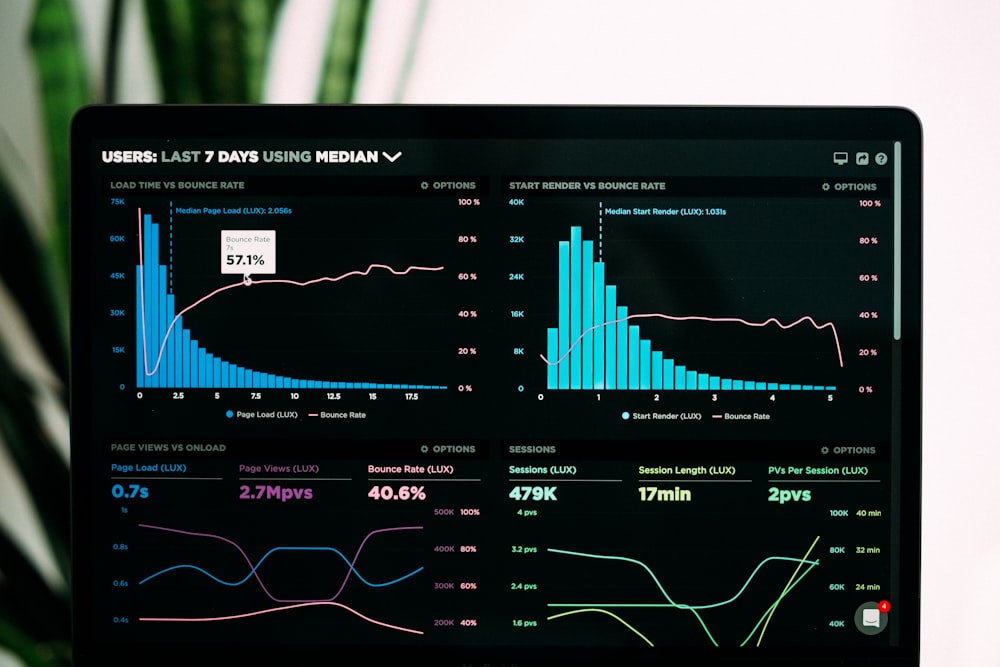In the housing market, the trend has shifted dramatically as the number of sellers now exceeds buyers, which ARK attributes to the Federal Reserve’s aggressive rate hikes since 2022. This decline in affordability is putting pressure on housing prices, which represent a significant portion of household net worth. Likewise, auto sales, having initially risen earlier in the year due to tariff expectations, plummeted in May, dropping to 15.6 million units from over 17 million the previous month.
With these sectors in decline, Bitcoin seems to attract capital that seeks stability and yield, as highlighted by ARK. Notably, spot Bitcoin ETFs amassed $5.5 billion in May, significantly outpacing gold ETFs, which saw substantial declines during the same timeframe. The current rally in Bitcoin does not appear to reflect speculative behaviors characterized by prior market bubbles. Instead, profit-taking remains cautious, with unrealized gains not reaching the levels typically seen in boom periods. For many investors seeking alternatives to stressed real-world assets, Bitcoin might represent a thoughtful reallocation of resources rather than a straightforward gamble amidst a changing economic environment.


